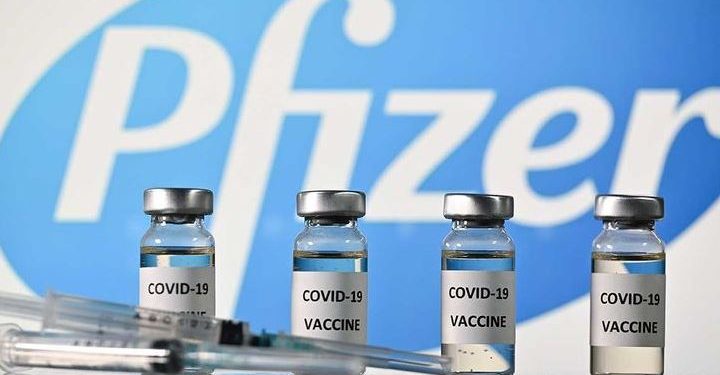London: A single dose of a Pfizer or AstraZeneca vaccine against coronavirus disease can reduce transmission by up to 50 per cent, finds a study.
The study led by UK’s Public Health England (PHE) showed that people who took the first dose of either the Pfizer or AstraZeneca vaccines — and who became infected three weeks later — were between 38 per cent and 49 per cent less likely to pass the virus on than unvaccinated people, the BBC reported Wednesday.
In the study, protection against Covid was seen from about 14 days after vaccination, with similar levels of protection regardless of age of cases or contacts, PHE was quoted as saying in a statement.
The protection was in addition to the reduced risk of a vaccinated person developing symptomatic infection in the first place, which is around 60 to 65 per cent — four weeks after one dose of either vaccine, the BBC report said.
“Vaccines are vital in helping us return to a normal way of life. Not only do vaccines reduce the severity of illness and prevent hundreds of deaths every day, we now see they also have an additional impact on reducing the chance of passing Covid-19 on to others,” Dr Mary Ramsay, head of immunisation at PHE, was quoted as saying.
The study, which has yet to be fully peer-reviewed, included more than 57,000 contacts from 24,000 households in which there was a lab-confirmed coronavirus case that had received a vaccination, compared with nearly one million contacts of unvaccinated cases. The findings showed households are among the most likely places for infection to spread, the report said.
While the findings are significant, the experts urged people to continue to take up vaccination and maintain Covid appropriate behaviours.






































